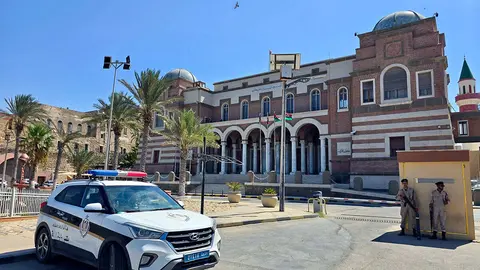Dispute in Libya over approval of new central bank governor
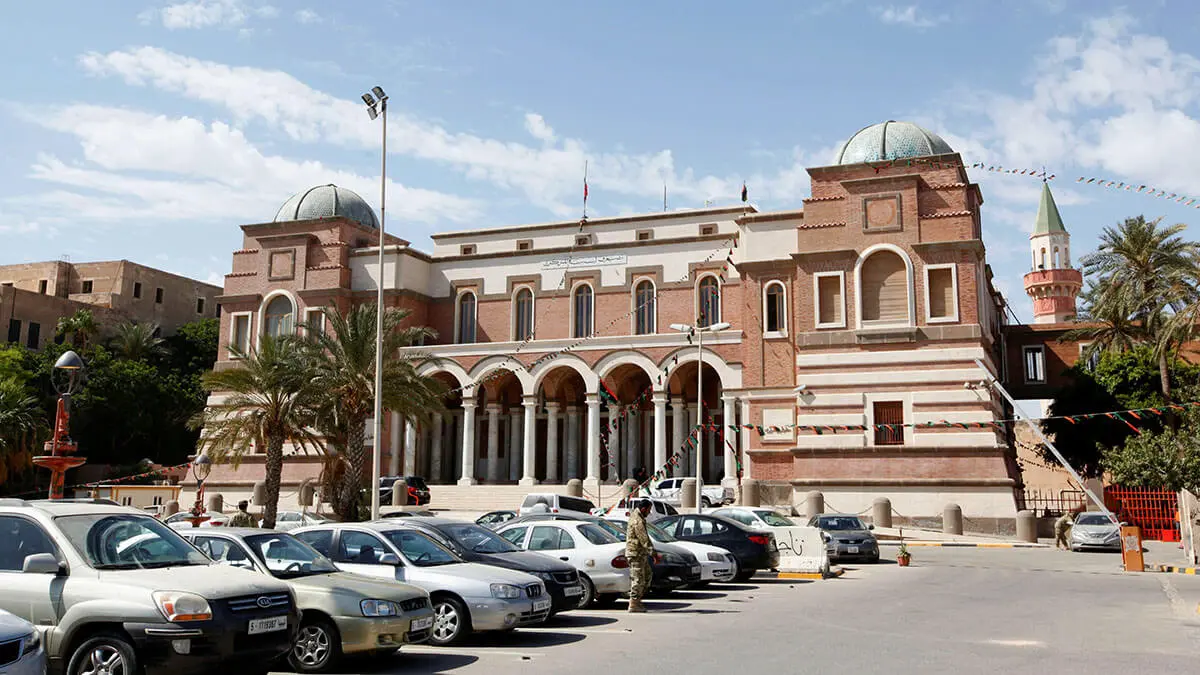
Tensions in Libya appear to be coming to an end. The House of Representatives unanimously approved the appointment of Naji Muhammad Issa Belkacem as governor of the Central Bank of Libya and Marai Muftah Raheel Al-Barassi as his deputy, despite the controversy over the number of votes needed.
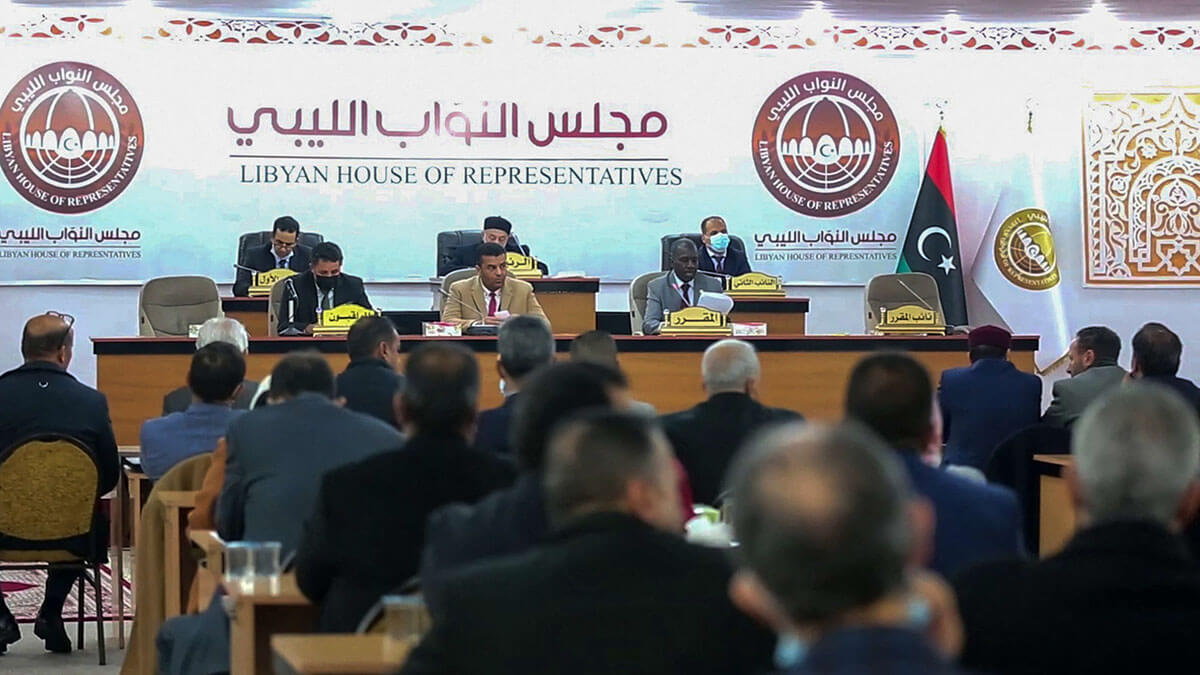
The House of Representatives did not have sufficient participation during its session, despite the presence of members from the western region, raising doubts about the position of the Presidential Council, which established the finalisation of the vote and the holding of a public session to accept the appointment of a new governor and his deputy.
In a letter to the UN mission in Libya, the Council's adviser, Ziad Daghim, urged the selection and approval of the new governor as set out in the political agreement, in a transparent public session. It mentions that the approval of 110 of the 165 representatives of the House of Representatives is needed for the vote.
However, according to parliamentary circles, a minimum of 84 members are needed for the session; and to approve the agreement, a two-thirds vote is required, i.e. 108 members are needed to appoint the governor: which would meet the legal requirements to ensure the legitimacy of the agreement's ratification by parliament.
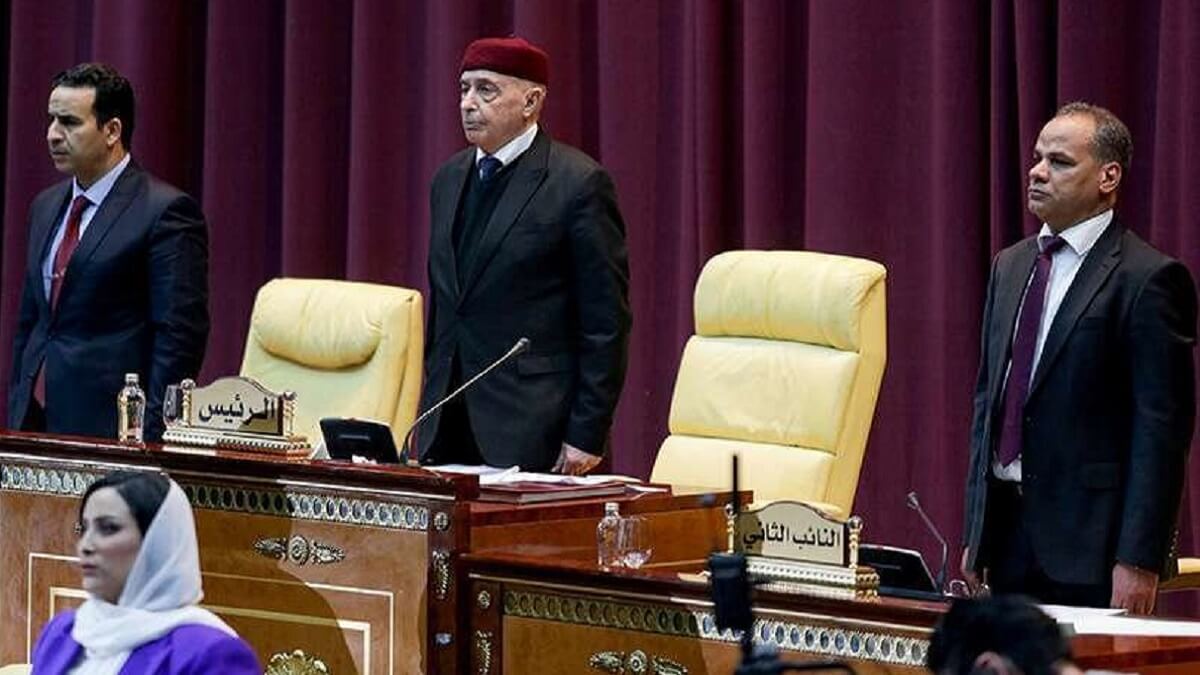
The council's spokesman, Abdullah Belhaq, announced that the meeting with 108 representatives, led by Aguila Saleh, approved the agreement and appointed the new leadership. Belhaq said that once the agreement is ratified, the bank's board of directors will be formed within ten days.
The council's press office shared an image of President Khaled Al-Mishri's letter to UNSMIS Chargé d'Affaires Stephanie Khoury, which lists the 112 members of the High State Council who support the UNSMIS proposal. According to the letters signed and sent to Stephanie Khoury, the acting head of the UN mission, by Al-Mishri and Takala, more than 100 council members support the CBL agreement.
Under Libyan law, the Libyan Political Agreement requires the House of Representatives to consult the Supreme Council of State when choosing the leaders of key positions, such as the governor of the Central Bank of Libya, within 30 days of the candidate's nomination. The positions will be approved by two-thirds of the members of the House of Representatives.
In line with the terms of the agreement, Issa and Al-Barassi will be nominated for the two positions mentioned in Article 15 within one week of the signing of the agreement, and the House of Representatives will make a decision.
For his part, Prime Minister Abdul Hamid Dbeibah congratulated Libyans for ratifying the agreement in the House of Representatives, stressing their support for strengthening the Libyan dinar and alleviating the suffering caused by arbitrary decisions.

Dbeibah stated that they are determined to take all necessary actions in coordination with the relevant institutions. He also commended the efforts made and the positive steps that have corrected the situation in the Central Bank.
In parallel, Muhammad Takala, one of the candidates for the presidency of the Council, emphasised the importance of the Central Bank agreement to unify the economic institutions and promote stability. He stressed the need to comply with the provisions of the agreement and to complete the assignment of the bank's board of directors within the set deadlines. Takala called for opening and keeping the oil facilities away from political problems, as they are very important for the country's economy and meeting the needs of the people.
The arrival of Naji Muhammad Issa Belkacem will mean policies to strengthen the dinar against the dollar, by suspending the official exchange tax - pending approval -, reducing the black market that is destroying the commodities market, increasing the granting of credits, and a situation that will help the return to normality in terms of oil exports.
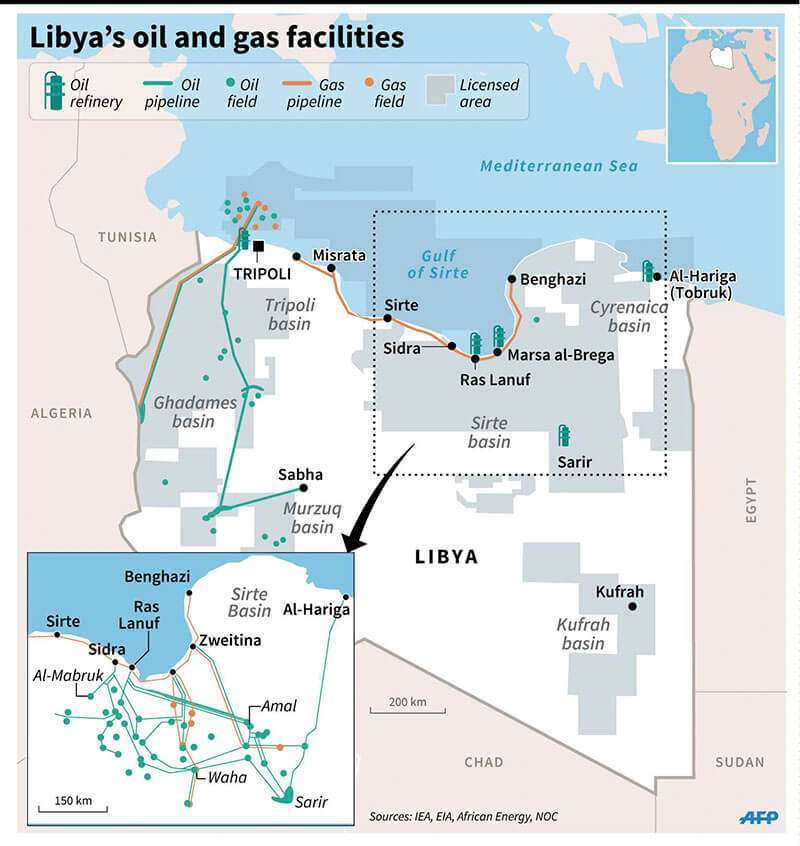
On hydrocarbons, the head of the General Petroleum Syndicate, Salem Al-Rumaih, hopes that the resumption of production in Libya's oil fields will help revitalise the economy, in part, thanks to the continued extraction of crude oil by the Gulf Company in the Marsa al-Brega and Sarir fields.

